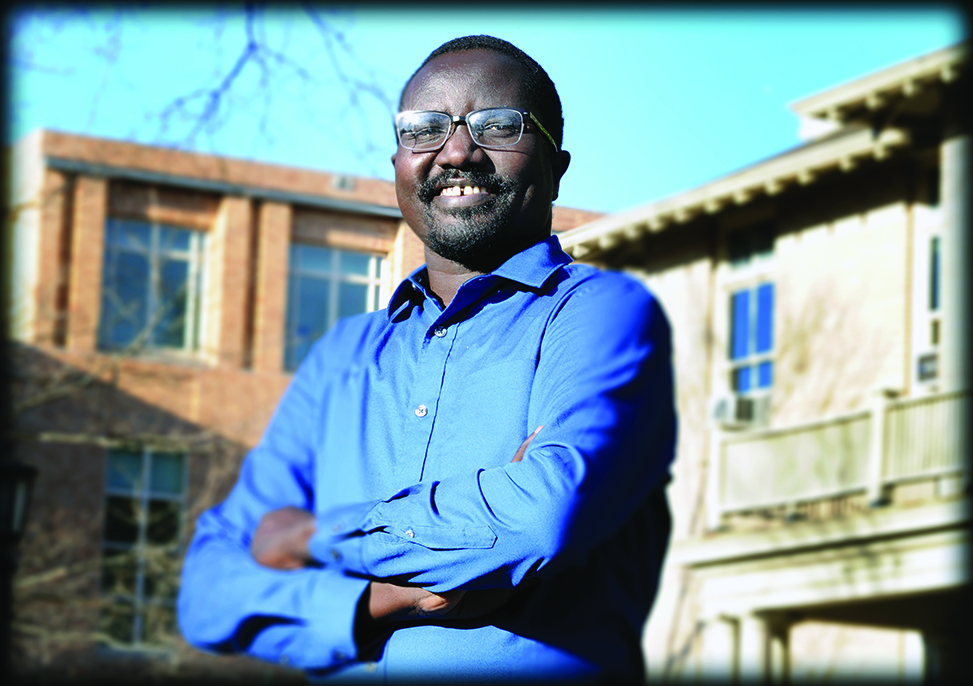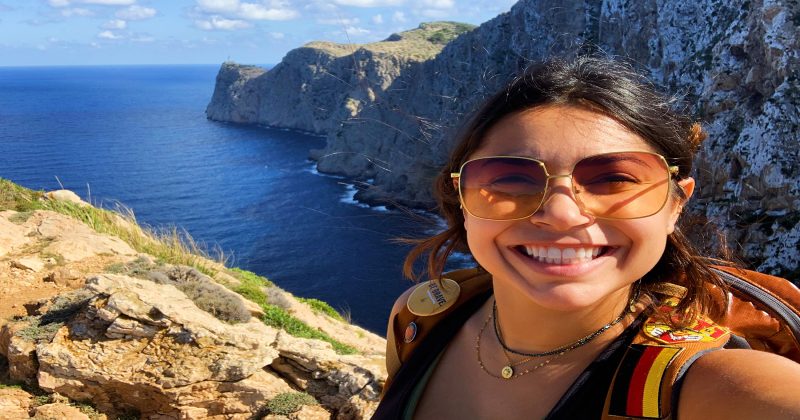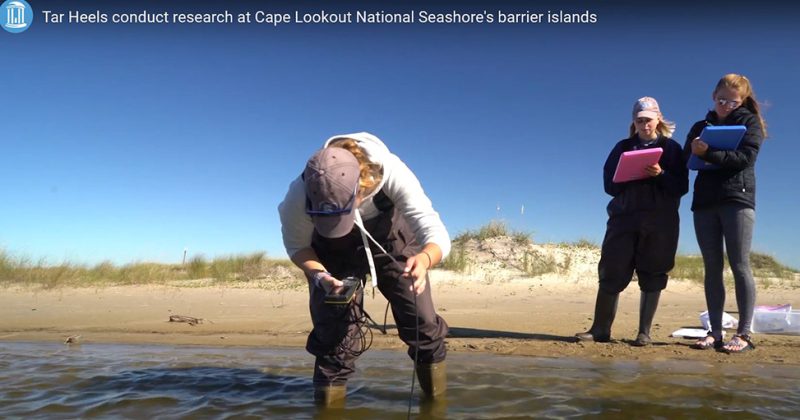
“One of the challenges we face in South Sudan is the mindset of service,” said Samuel Akau, a Ph.D. student in public policy. “I want to go back there and serve.” (photo by Donn Young)
Former “Lost Boy of Sudan” is pursuing a doctorate in public policy to help advance peace and community in his home country.
Samuel Garang Akau fled his home in South Sudan as an 8-year-old during the Second Sudanese Civil War. Many of his family members — including his parents and a brother — died during the war that lasted more than two decades.
“You’ve got to do something and focus on what you can change,” said Akau, who today is pursuing a Ph.D. in public policy.
The war between the Sudanese government and the Sudan People’s Liberation Army lasted 22 years. Akau is among the more than 20,000 refugees often referred to as the Lost Boys of Sudan.
Akau traveled with a group of unaccompanied minors and eventually made it to a refugee camp in Kenya (where he was reunited with his older brother) and then on to the United States via a refugee program. He went on to attend Stanford University, where he studied creative writing.
Before pursuing his master’s degree at American University, Akau served as a deputy dean at the University of Juba, an English-speaking university founded in the 1970s and located in South Sudan, where he started a public service initiative. At the university, he focused on entrepreneurship and fostering leadership skills.
“Empowering young people and giving them the skills they need to serve is going to be the way forward,” Akau said. “Not many South Sudanese have the training and privilege to be able to engage at that higher level.”
That work spurred him to pursue graduate work at UNC. The program appealed to Akau because of its strong focus on economics, in addition to how it balances political science and international relations.
“Policy is not a straightforward thing,” Akau said. “There’s a human element to it, and when the human element is involved, there’s also going to be politics.”
While he pursued his master’s degree, Akau noted a lack of human capital, strong government infrastructure and analytical capacity in South Sudan.
“At the end of the war, there was fear that signing a peace agreement is not enough,” Akau said. “You have to address some of those drivers of war. Otherwise, it’s likely that countries will go back to war.”
Akau hopes to use what he’s learned at Carolina to continue capacity-building work and to provide insights into the country’s future policies.
For him, that includes the Sawa Sawa Network, which he founded in 2019. The initiative uses digital tools and emerging technologies to build peace and community in South Sudan and its diaspora.
Akau is also a fellow with the Weiss Urban Livability Fellowship program, offered by The Graduate School. The fellowship program supports talented graduate students who have an interest in urban livability.
“One of the challenges we face in South Sudan is the mindset of service,” Akau said. “I want to go back to South Sudan and serve whether that’s with an international organization or with the government.”
One aspect of Akau’s research is the role of social media and how it can polarize communities. In particular, he’d like to focus on how social movements empower people to share their perspective and exchange ideas that move toward the greater good.
Akau is also pursuing the Graduate Certificate in Innovation for the Public Good, offered by Innovate Carolina, and co-sponsored by the College. As a global citizen, he’s preparing the next generation of leaders in South Sudan and beyond.
“I would have never thought that this was going to be my trajectory. For me, to be able to gain a Ph.D. and do something that impacts others’ lives; it’s what makes life meaningful.”
By Elizabeth Poindexter (B.A. ’10, M.A. ’19)
Published in the Spring 2022 issue | Tar Heels Up Close
Read More

Can sustainable plastics clean our plastic-polluted water?
UNC researchers across disciplines are harnessing the power of a…



